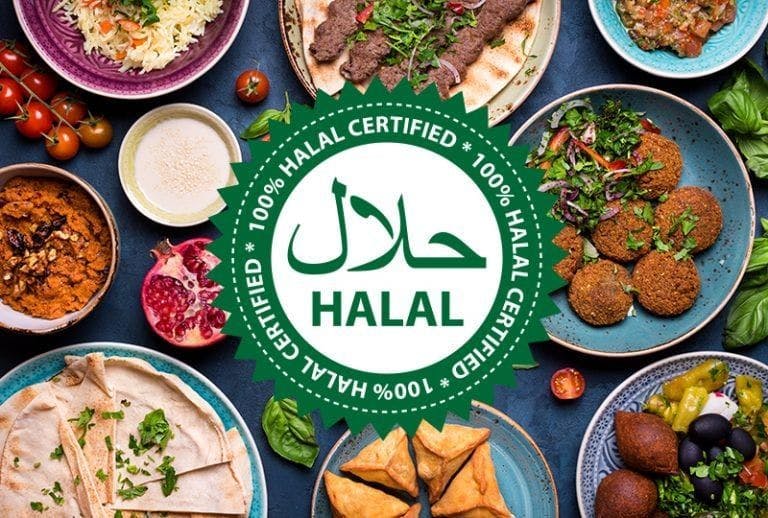1,155 reads
NFTs Can Bring Immutability and Transparency to the Halal Supply Chain
by
November 16th, 2021
Audio Presented by

Hugh writes about cyberspace, digital currencies, economics, foreign affairs, and emerging technologies.
About Author
Hugh writes about cyberspace, digital currencies, economics, foreign affairs, and emerging technologies.
Comments
TOPICS
Related Stories
10 Essential Essays on Bitcoin
Aug 07, 2020
